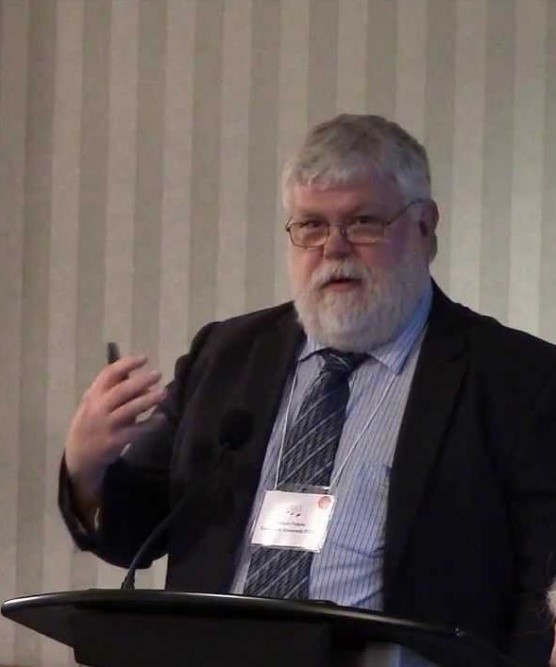Research
Rachael Johnstone: Hate Speech Legislation, the Commonwealth Model, and the Parliamentary Debates on Rights
In recent years, the governments of Canada, the United Kingdom, and New Zealand have all announced proposals to regulate online hate speech. Each of these governments faces the challenge of deciding how to address the harms of hate speech, particularly in the online context, in a way that sufficiently protects free expression. In this research project, Dr. Emmett Macfarlane (University of Waterloo) and I will explore established and emerging hate speech policy in these three Commonwealth countries. Our research will question how each country's institutions and accompanying rights culture shape limits on rights implicated by hate speech laws.
This project five-year project is supported by a SSHRC Insight Grant. |
Kristin Good: Money and Local Democracy Project / Projet sur l’argent et la democratie locale
| Over the next five years, Dr. Kristin Good will co-lead the Money and Local Democracy Project / Projet sur l’argent et la democratie locale. This project will conduct a far-reaching investigation of campaign finance regulation and local election campaigning. This project is supported by a SSHRC Insight Grant following pilot work funded by Western Faculty of Social Science research seed grants. With Dr. Good, the project is led by Professors Zack Taylor and Martin Horak at Western and Sandra Breux at l’Institut national de la recherche scientifique, Montréal. This mixed-methods project will entail the largest survey of election candidates ever conducted in Canada – over 4,000 candidates in 183 municipalities in all 10 provinces, which are home to four out of five Canadians – as well as analysis of candidates’ campaign finance disclosures over three election cycles and in-depth interviews with former candidates and campaign managers. The project will contribute new insights, both nationally and internationally, into whether differently configured campaign finance regimes create more competitive elections, how local candidates campaign, and enduring questions regarding the influence of money in politics. |
Robert Finbow's Current Research focuses on the socially responsible elements of regional trade agreements, especially labour and social issues in NAFTA and the European Union.
 |
His focus recently has been on the Canada-European Economic and Trade Agreement (CETA), especially the implications for social policy. He received an Erasmus+ grant from the European Commission for research on the CETA Implementation and Implications Project. https://ciipdal.wpcomstaging.com/ He is currently completing the project which analyzes the programmatic and legislative changes required to bring CETA to fruition in Canada, the EU and Member States. The project covers a number of elements of CETA, including investment, intellectual property, agriculture, and the environmental and labour impacts. The CIPP conference on CETA Implementation occurred in late September 2019. Professor Finbow is currently working on a book for McGill-Queen’s University Press based on this conference. He is also working on theoretical piece on populism in contemporary democracy with applications to the right populist political rhetoric in the “five eyes” states. The case studies examine similarities and variations in populist rhetoric and policy on trade and immigration. This builds upon the work conducted with an undergraduate researcher award held by recent graduate, Noel Guscott. Another project examines the constitutional and domestic governance implications of trade agreements for a collection exploring the legacy of the late Stephen Clarkson. |


